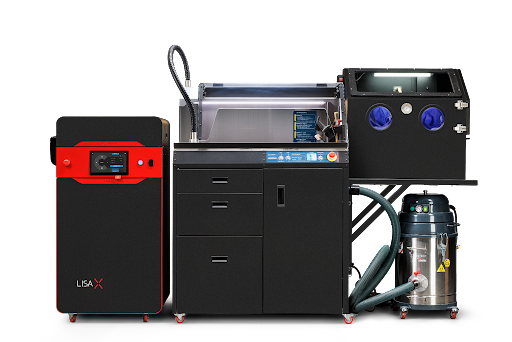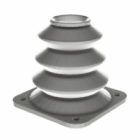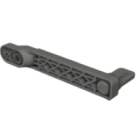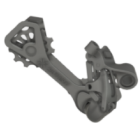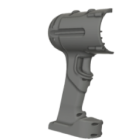What is print 3D? Concept of 3D printing
3D printing, also known as additive manufacturing, is a method of creating physical objects directly from digital designs by adding material layer by layer. This approach is fundamentally different from traditional manufacturing, which typically involves subtracting material (as in CNC machining) or shaping it using molds (as in injection molding).
The key idea here is addition instead of subtraction — the printer only deposits material where it’s needed, following a digital blueprint. This makes the process highly efficient and adaptable, especially for customized or complex parts.
How it works – from digital model to physical object
Every 3D printed part begins as a digital 3D model, typically created using CAD (Computer-Aided Design) software. Once the design is complete, it’s processed by a slicer — a specialized program that divides the model into thin, horizontal layers. The slicer then generates instructions that tell the printer how to build each layer, one at a time.
Using materials like plastic filament, liquid resin, metal powder, or composite blends, the printer constructs the object from the bottom up. Each new layer bonds to the one beneath it, gradually forming the final geometry. The process is highly automated and precise, capable of producing everything from simple prototypes to highly detailed functional parts.
A shift in manufacturing mindset
The true power of 3D printing lies in its ability to turn digital ideas into physical reality without the need for molds, tooling, or assembly lines. It allows for faster development, easier iteration, and far greater freedom in design.
Perhaps most importantly, additive manufacturing flips the traditional logic of production: instead of forcing the design to fit manufacturing constraints, we now have the freedom to let the design lead. This shift is unlocking new levels of creativity, efficiency, and innovation across industries — from engineering and healthcare to fashion and architecture.
Explore also
Related categories

3D printing technologies

Materials for 3D printing

Applications of 3D printing
